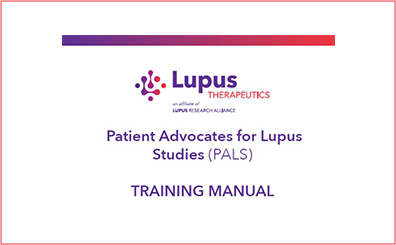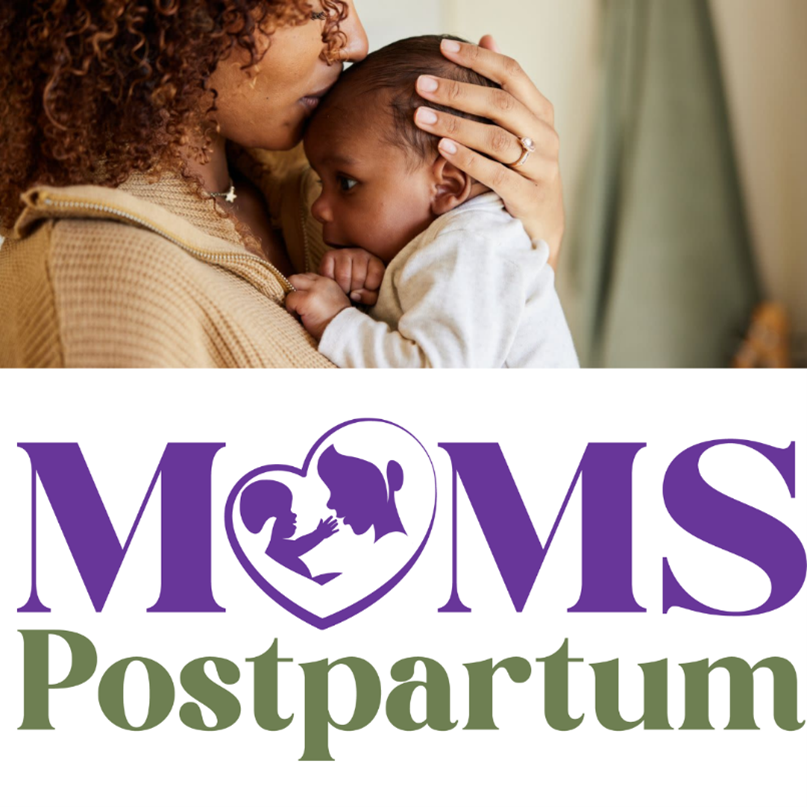Lupus Therapeutics contracted KDHRC for implementation and evaluation of a peer support program to increase enrollment in lupus clinical trials. We coordinate recruitment across academic medical centers and analyze outcomes.
Challenge
Although lupus is most common in minority populations, minorities are not often well-represented in clinical trials. Indeed, there is a need for an education program that makes sure patients with lupus are knowledgeable and feel prepared to ask providers about and participate in clinical trials. However, a relatable, personal way to teach individuals with lupus about clinical trials in an understandable way is missing.
Approach
Lupus Therapeutics, part of the Lupus Research Alliance, contracted KDHRC to support the implementation and evaluation of a peer support program. The program is facilitated by PALS — people living with lupus who have experience with clinical trials and received training to serve as patient advocates. The PALS conduct education sessions with participants and serve as mentors and information sources, to ultimately improve minority awareness of and participation in lupus clinical trials. PALS is anchored by a PALS training curriculum for the PALS. After the training, PALS conduct education sessions in-person (pre-COVID), or virtually (e.g., phone). The PALS program was developed so that PALS and participants can build a level of trust and tailor the education content to the participant’s needs and interests. PALS and participants can have sessions at times that work best with their schedules and can focus on the topics that are most important to the participant.
For this project, KDHRC is the evaluation contractor. We support the management of the PALS and data collection by the participants. We coordinate the recruitment methodology and efforts across five academic medical centers, including IRB support. We also analyze the resulting data.
Findings
An outcome evaluation with patients explored the extent to which patients who receive the PALS intervention demonstrated increases in awareness, knowledge, and positive attitudes/perceptions of clinical trials in comparison to a control group. You can read about our findings in our published research brief by clicking here.
Further data collection to evaluate the PALS program is ongoing. However, you can read the abstract for an upcoming presentation at the American Public Health Association 2025 Annual Meeting by clicking here.
Related Research
We aim for findings and outcomes related to the evaluation of PALS to be published in written briefs and peer-reviewed journals and presented at national conferences.





